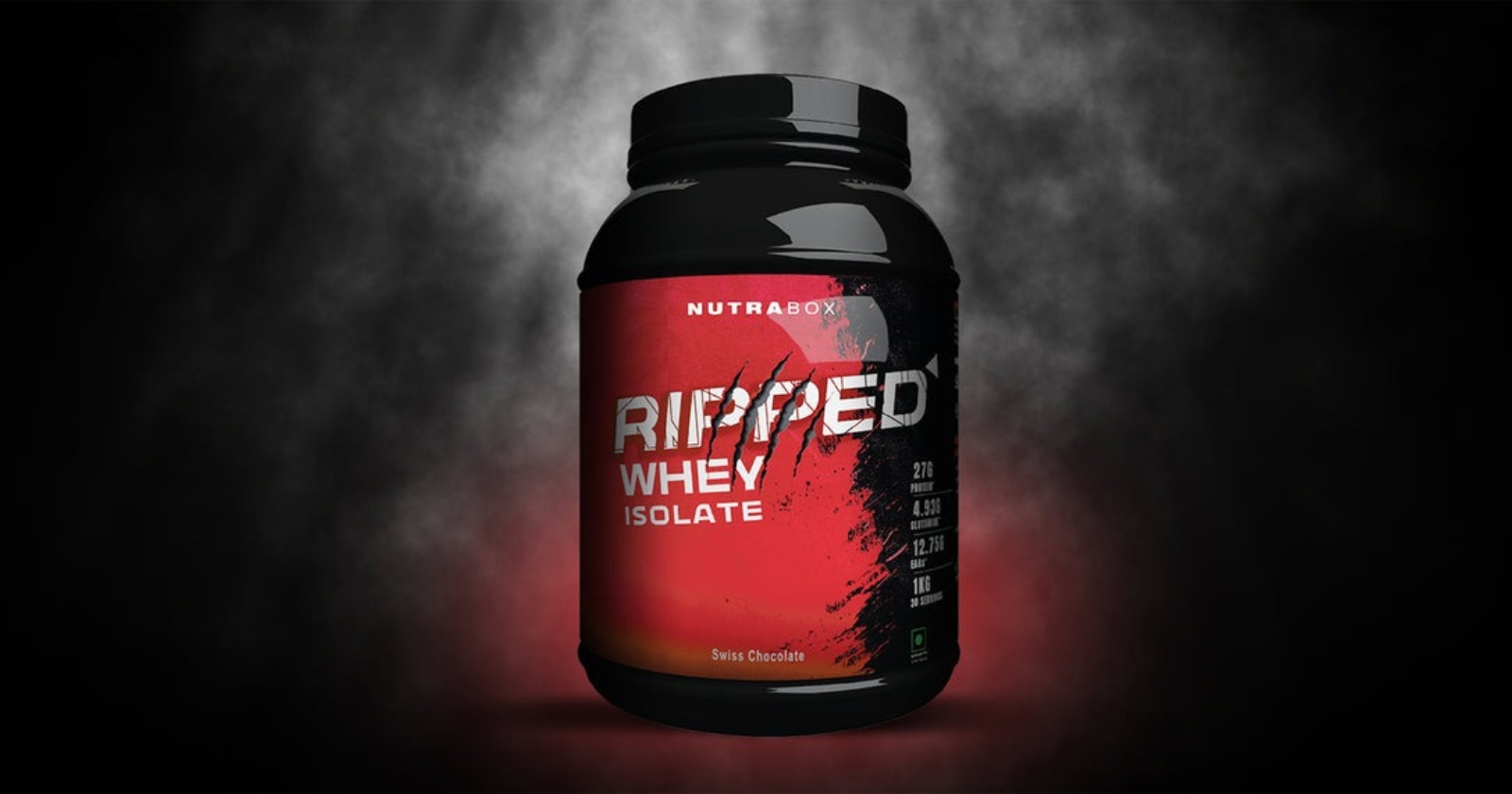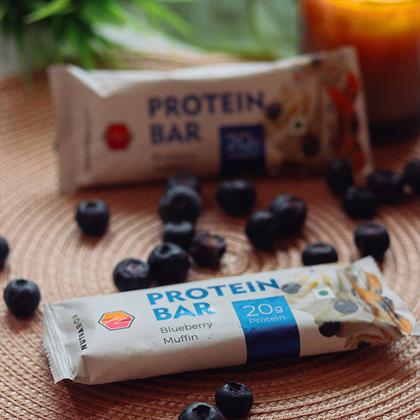
Whey protein has earned its reputation as one of the most effective and popular supplements for fitness enthusiasts. Whether you're working toward building muscle, burning fat, or accelerating your recovery post-workout, this powerhouse protein plays a pivotal role in optimizing your health and fitness. Known for its fast absorption and rich amino acid profile, whey protein is an essential nutrient for anyone looking to improve their performance and results in the gym.
When you consume whey protein, you're not just adding a high-quality protein source to your diet—you're giving your body the building blocks it needs for muscle repair, fat metabolism, and quicker recovery. In this blog, we'll explore how whey protein helps you achieve these fitness goals and why it should be an integral part of your routine.
Whey Protein for Muscle Building
One of the primary reasons whey protein is favored by athletes and bodybuilders is its effectiveness in supporting muscle growth. Protein is essential for building muscle, and whey protein is an excellent source because it contains all nine essential amino acids that your body needs but cannot produce on its own. Among these amino acids, leucine plays a particularly critical role in muscle protein synthesis—the process through which your muscles repair and grow after a workout.
When you engage in intense physical activity, especially weightlifting or resistance training, your muscle fibers undergo microscopic tears. To repair and rebuild these fibers, your body needs an adequate amount of protein. Whey protein’s fast absorption rate makes it a perfect post-workout supplement, as it quickly provides your muscles with the necessary amino acids for repair.
In addition to its high leucine content, whey protein is rich in BCAAs (Branched-Chain Amino Acids), which further support muscle growth by stimulating protein synthesis. Whether you're aiming to gain lean muscle or improve overall muscle tone, incorporating whey protein into your diet will help you make consistent progress.
Whey Protein for Fat Burning
While whey protein is often associated with muscle growth, it also plays a crucial role in fat loss. Consuming protein, in general, can aid in weight loss due to its ability to increase feelings of fullness, reduce appetite, and promote fat burning. Whey protein, in particular, has been shown to support fat loss by boosting your metabolism and promoting lean muscle mass.
One of the ways whey protein aids fat burning is through its thermogenic effect. Digesting protein requires more energy compared to carbs and fats, which means your body burns more calories during the digestion process. This increase in calorie expenditure can contribute to fat loss over time, especially when combined with a balanced diet and regular exercise.
Moreover, whey protein helps preserve muscle mass during a calorie deficit. When you’re trying to lose weight, there’s a risk that you might lose muscle along with fat. Whey protein ensures that your body uses fat for energy rather than breaking down muscle tissue, which is crucial for maintaining a lean physique. The more muscle you have, the more calories your body burns at rest, which in turn accelerates fat loss.
Whey Protein for Faster Recovery
Recovery is a crucial component of any fitness routine, as it’s during this time that your muscles repair and grow stronger. After an intense workout, your body needs high-quality protein to recover effectively. This is where whey protein shines, thanks to its rapid digestion and absorption.
Whey protein provides your body with the amino acids it needs to repair muscle tissue and replenish glycogen stores. The quicker you can start this recovery process, the sooner you can return to your next workout, resulting in better overall progress. Unlike other protein sources that may take longer to digest, whey protein offers a fast solution, making it ideal for post-workout consumption.
Additionally, whey protein has anti-inflammatory properties that help reduce muscle soreness. This can be especially beneficial for those engaging in high-intensity workouts or those who train frequently. By reducing inflammation and accelerating muscle recovery, whey protein enables you to train harder and more often, leading to faster gains in strength and endurance.
How to Incorporate Whey Protein into Your Routine
To get the most out of whey protein, it’s essential to incorporate it into your routine at the right times. The best time to consume whey protein is post-workout, as your muscles are in a prime state to absorb the nutrients. Aim to consume a serving of whey protein within 30 minutes to an hour after your workout to maximize muscle recovery.
Whey protein can also be consumed at other times of the day to meet your daily protein needs. You can add it to smoothies, shakes, or even mix it into oatmeal or baked goods for an extra protein boost. Make sure to adjust your intake based on your specific fitness goals—whether you're focusing on building muscle, losing fat, or improving overall performance.
Conclusion
Whey protein is more than just a supplement; it’s a game-changer when it comes to building muscle, burning fat, and boosting recovery. By providing your body with the essential amino acids it needs, whey protein supports muscle growth, helps preserve lean muscle mass during weight loss, and accelerates recovery after workouts. Whether you’re training for strength, endurance, or weight loss, incorporating whey protein into your routine will help you reach your fitness goals faster.
For a premium whey protein option that supports your health and fitness journey, Nutrabox offers high-quality whey protein products designed to fuel your body and maximize your results. Choose Nutrabox for your muscle-building, fat-burning, and recovery needs.















